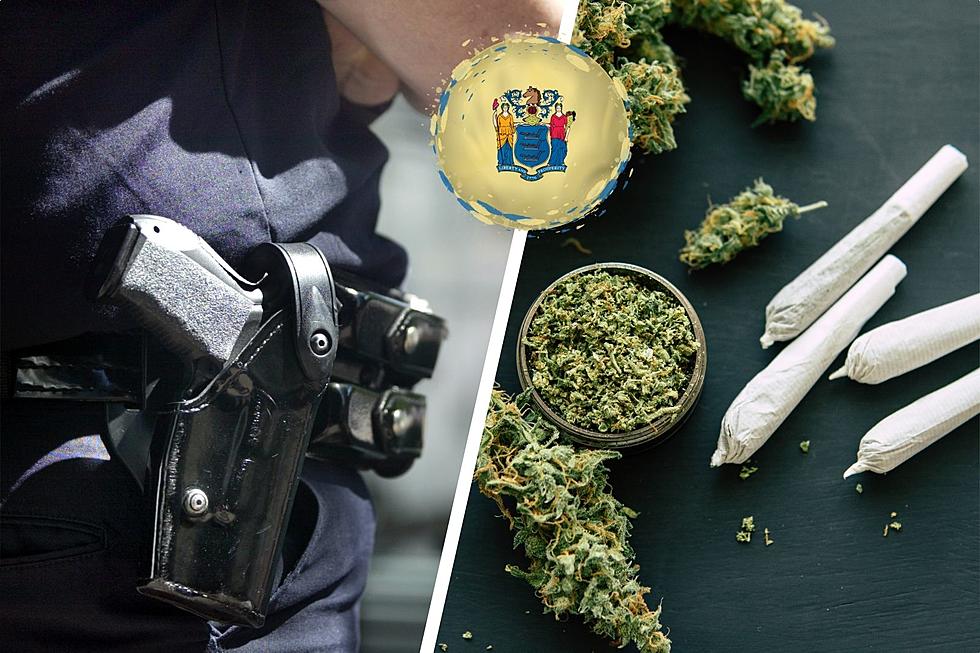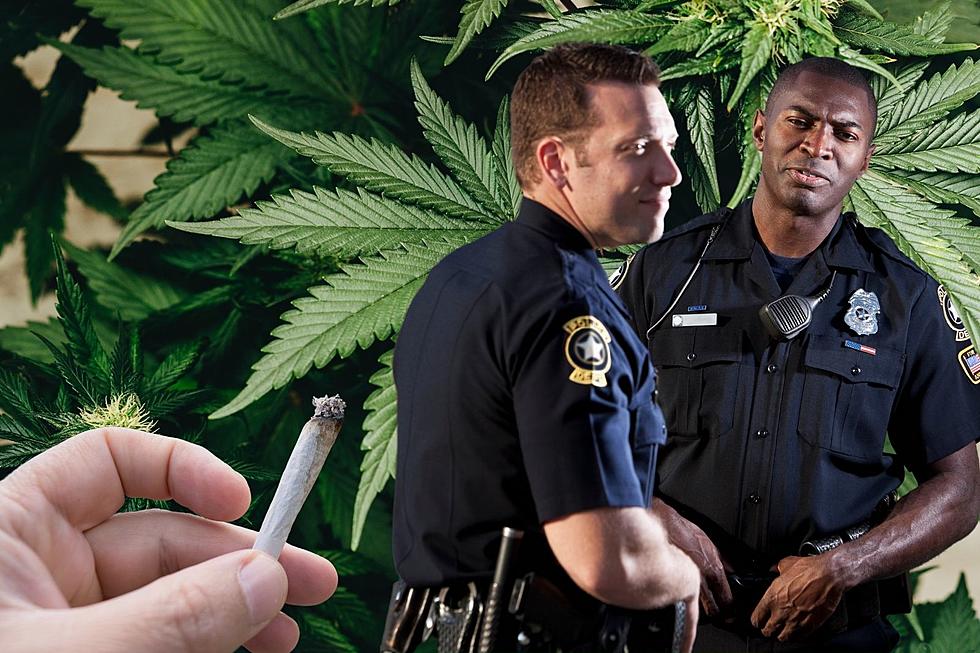
Colorado completes 1st legal pot market study
DENVER (AP) -- Colorado is smoking pot by the ton, and visitors are, too.
Colorado's pot regulators issued what is believed to be the world's first post-legalization market study for the weed on Wednesday. The study relied on sales data from Colorado's first three months of recreational marijuana sales, while previous pot market studies relied on survey responses because the drug is illegal.
"This study finds total marijuana demand to be much larger than previously estimated," Colorado's study concluded.
The study estimated that total market demand for marijuana in Colorado is about 130 metric tons a year. That's about 121 metric tons for residents and almost 9 metric tons a year for visitors. These figures include medical and recreational marijuana.
Marijuana has an average market rate in Colorado of $220 per ounce, authors concluded.
The estimates were nearly a third higher than one recently projected by the state Department of Revenue, which regulates the marijuana industry. Nations with legal or semi-legal marijuana sales, such as the Netherlands, do not track national inventory, making firm market analysis spotty.
Colorado concluded that visitors account for 44 percent of recreational marijuana retail sales in the Denver area. In the mountains and other vacation spots, visitors to Colorado account for 90 percent of recreational dispensary traffic.
Check out what Gov. Chris Christie had to say about the issue during April's 'Ask the Governor'
Colorado's market numbers bore out survey estimates that most marijuana is consumed by heavy daily users. For example, survey authors estimated that a third of all Colorado's pot consumers use the drug less than once a month. But that group accounts for just 0.3 percent of the total market, analysts concluded.
"Heavy users consume marijuana much more often, and more intensely, than other consumers," the study concluded.
The study tapped into Colorado's new Marijuana Inventory Tracking System used by commercial growers and retailers to account for inventory. But the study's authors also included untaxed pot in the analysis because Colorado allows adults over 21 to grow pot at home. The survey also estimated production from the state's medical marijuana caregivers, who are authorized to grow medical marijuana on behalf of others and do not face state pot taxes.
So far, Colorado sells a lot more medical marijuana than recreational marijuana, and medical pot patients must be in-state residents. Survey analysts concluded that medical users generally have avoided recreational sales, which come with much higher taxes for the same product.
"Therefore, the retail demand is derived primarily from out-of-state visitors and from consumers who previously purchased" black-market or illegal weed, the study concluded.
The study noted that Colorado's medical marijuana patients are two-thirds male. But analysts did not come up with a gender breakdown for retail consumers.
The authors also said that many recreational marijuana users are younger than 21 and not participating in the taxed recreational market.
The survey noted significant difficulties tabulating market demand for concentrated and edible marijuana products, both growing in popularity. Another study to examine those markets is planned for next year.
(Copyright 2014 The Associated Press. All rights reserved. This material may not be published, broadcast, rewritten or redistributed.)
More From New Jersey 101.5 FM









